Avoiding methane emissions from a palm oil mill and generating clean energy
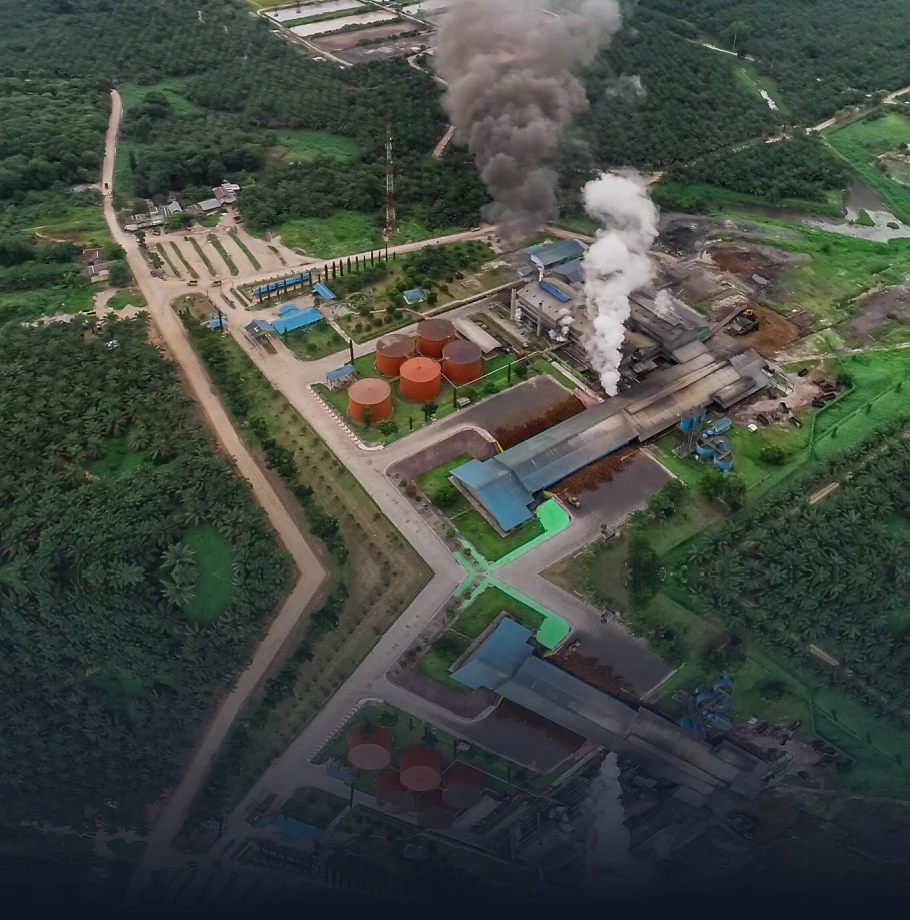
Methane recovery in wastewater treatment (AMS.III-H); Grid connected renewable electricity generation (AMS.I-D)
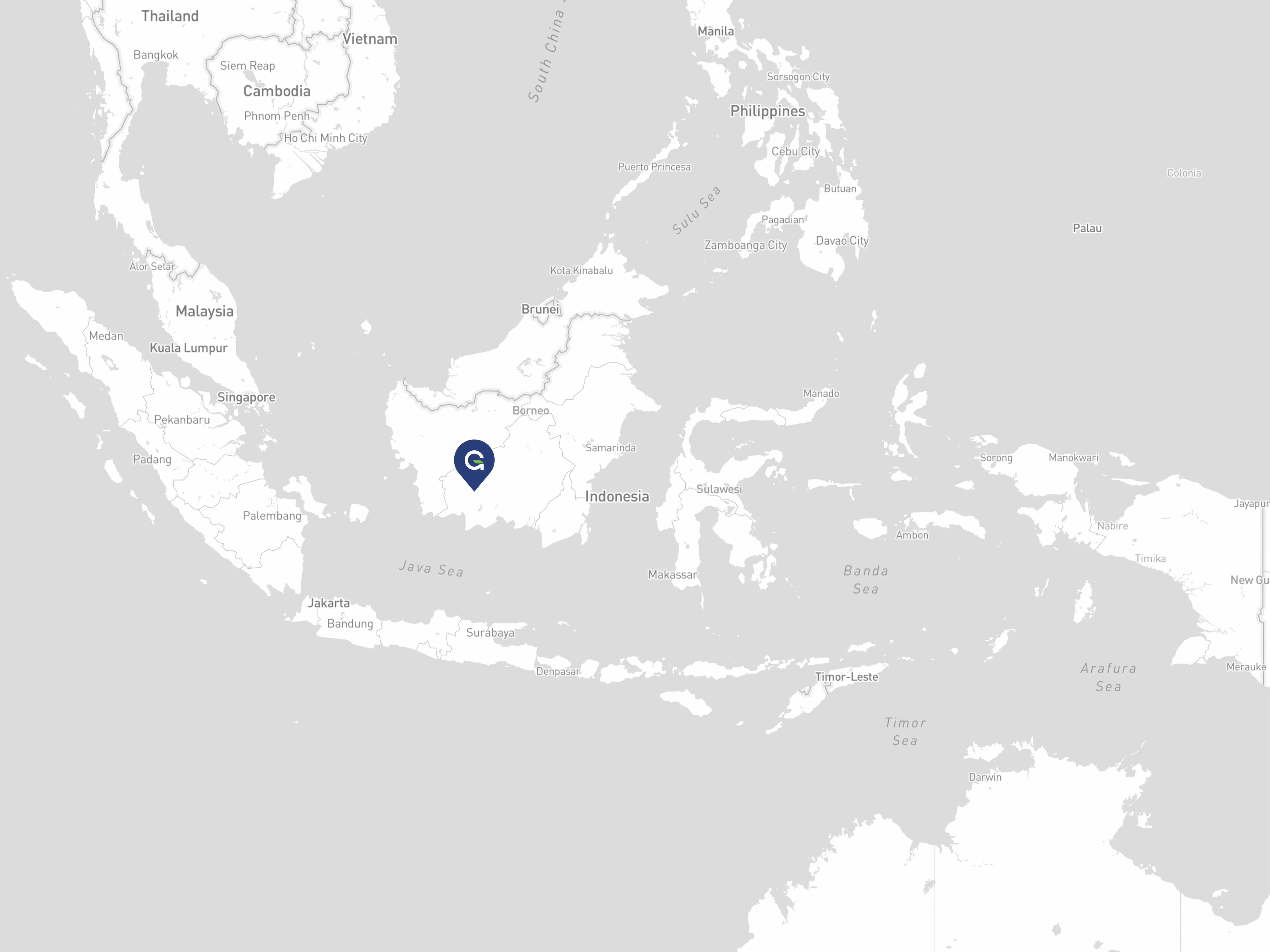
The Riam project will treat the industrial waste water of a palm oil mill, capture its fugitive methane emissions, and in the next stage of development transform this environmental liability into renewable energy. The power generated is then distributed by the national utility to 14 surrounding villages.
Methane capture in wastewater treatment cuts up to 90% of the carbon emissions of a palm oil mill.
The expected verified emissions reduction is more than 40,000 tCO2 eq/year.
Gree only partners with palm oil supply chains that are deforestation and peatland clearance free
The unsustainable production of palm oil is a driver of deforestation, peatland destruction, and climate change. Yet, palm oil is used daily by billions and is in about 50% of the packaged products we find in supermarkets, from snacks to soaps and toothpaste. Global demand is expecting to rise by more than 5% p.a. in the coming decade, putting even more pressure on natural ecosystems.
Palm oil trees are incredibly productive, it will require anything between 4 to 10 times more land to get the same amount of vegetable oil from other major oil like soybean or rapeseed. Alternative vegetable oil production will therefore only shift the threat to other geographies, habitats and species, whilst still posing the same destruction of ecosystems but on an even wider scale. Palm oil does not have to be destructive and can be produced responsibly as a part of sustainable development. That is why we remain committed to supporting sustainable palm oil.
“Palm oil is here to stay and we urgently need concerted action to make palm oil production more sustainable, ensuring that governments, producers and the supply chain honour their sustainability commitments.” warned IUCN (International Union for Nature Conservation) director general, Inger Andersen.

Our Riam site delivers on these Sustainable Development Goals

Gree is the only B-Corp certified biogas solution provider in Asia
Gree Energy is B Corp certified and meets the highest standards of verified social and environmental performance. Our team has over five decades of combined experience in carbon emission expertise and resilient and regenerative food supply chains. We use world class industry standards including VCS, IFC PS, IRIS+, and the SDG and our business model is supported by prominent international development agencies and organizations such as SCAF, FFEM, AFD, UKAID and IRENA.
More than 60,000 tonnes of CO2e avoided (equivalent to emissions of about 13,000 cars annually)
16,000,000 kwh delivered, enough to supply 32,000 people with clean and reliable power
700,000 population - equivalent of industrial wastewater treated
80%+ organic pollution removed
24,000 tons of hydrogen sulfide emissions avoided
3,500 tons of methane emissions avoided
6 Million USD investment into rural area of Indonesia
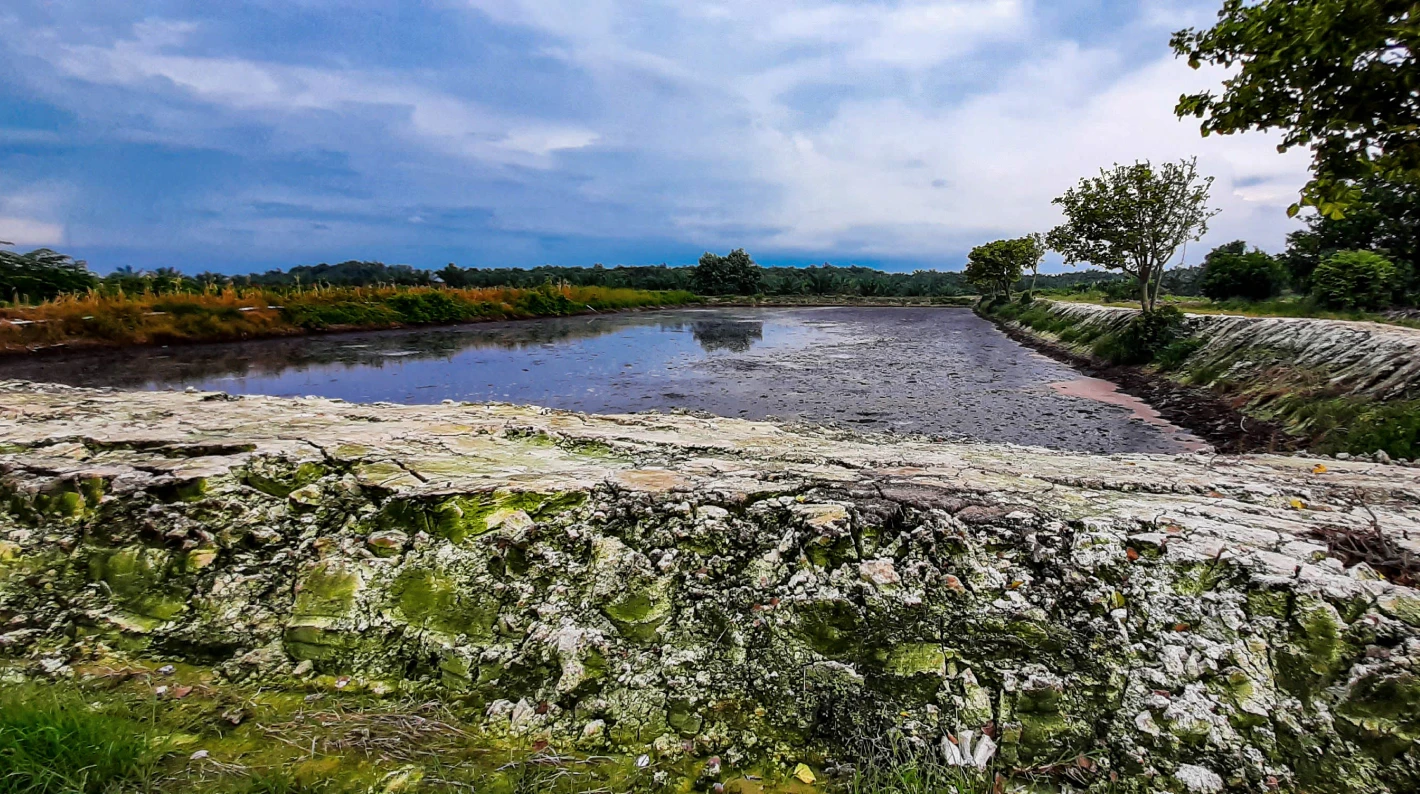
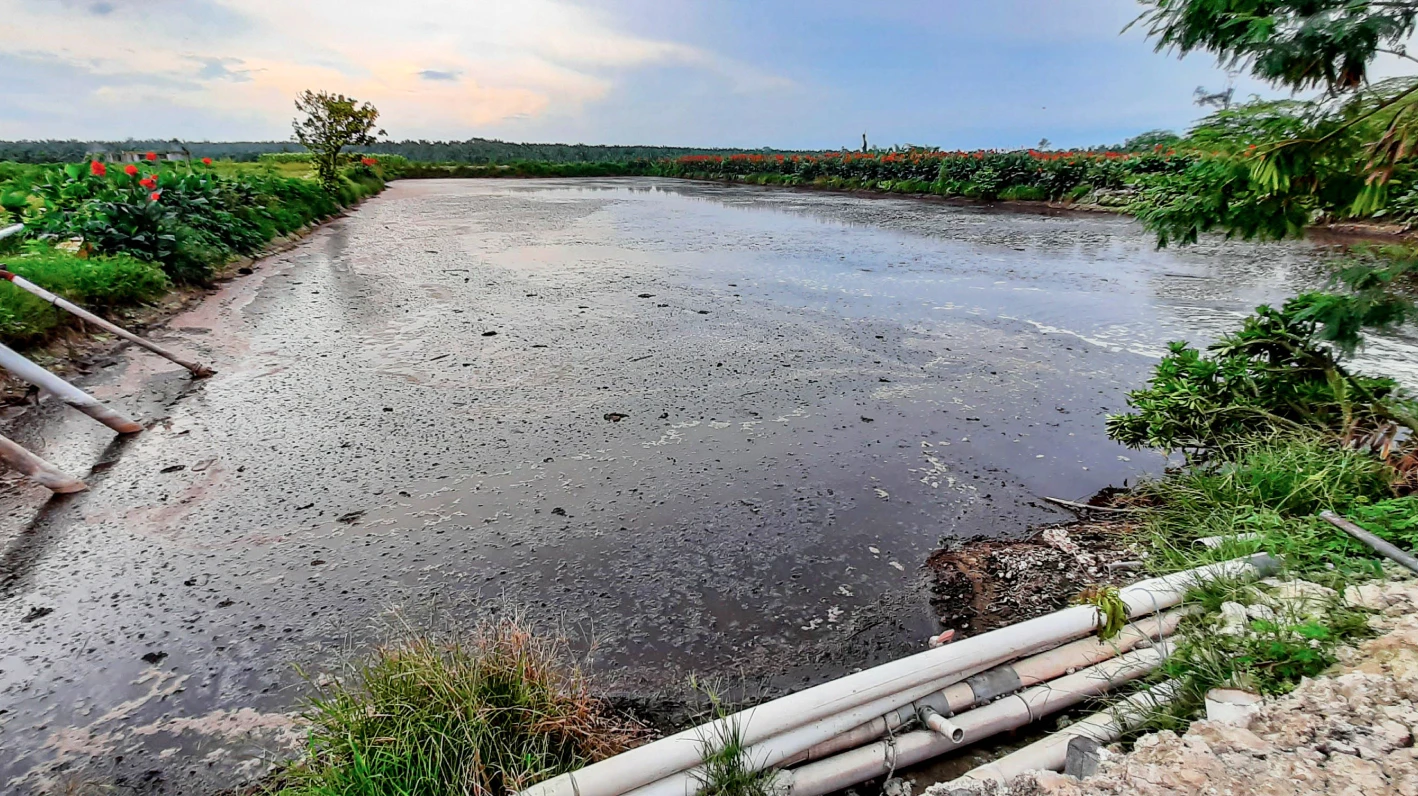
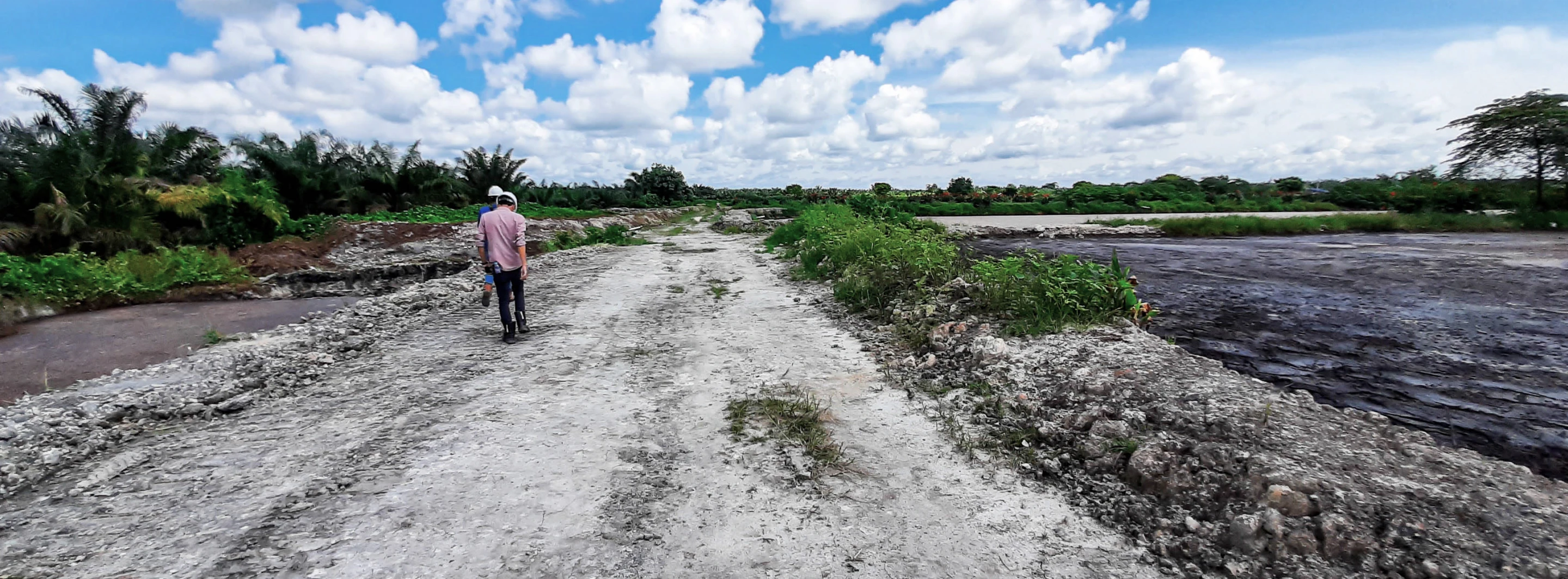
Riam project start of construction is expected in 2024
Commissioning methane avoidance facilities
Project in operations
Commissioning methane avoidance facilities
Project in operations
Bumitama Gunaya Abadi is a fully owned Indonesian subsidiary of Bumitama Agri, a palm oil group listed on the Singapore Exchange since 2012. It operates 15 mills in Indonesia and produces 1.2 million tonnes of crude palm oil. The Riam palm oil mill has been operational since 2009.
Gree’s ESG safeguard standards :
Gree implements ESG safeguards on each project to strengthen the framework of a project, program or specific action and manage risks concerning the environment, governance and society.
Did you know the Riam Project will reduce more than 60,000 tons of CO2 eq per year? Contact us to see how we can help you decarbonize agriculture and food supply chains.
| Cookie | Duration | Description |
|---|---|---|
| cookielawinfo-checkbox-analytics | 11 months | This cookie is set by GDPR Cookie Consent plugin. The cookie is used to store the user consent for the cookies in the category "Analytics". |
| cookielawinfo-checkbox-functional | 11 months | The cookie is set by GDPR cookie consent to record the user consent for the cookies in the category "Functional". |
| cookielawinfo-checkbox-necessary | 11 months | This cookie is set by GDPR Cookie Consent plugin. The cookies is used to store the user consent for the cookies in the category "Necessary". |
| cookielawinfo-checkbox-others | 11 months | This cookie is set by GDPR Cookie Consent plugin. The cookie is used to store the user consent for the cookies in the category "Other. |
| cookielawinfo-checkbox-performance | 11 months | This cookie is set by GDPR Cookie Consent plugin. The cookie is used to store the user consent for the cookies in the category "Performance". |
| viewed_cookie_policy | 11 months | The cookie is set by the GDPR Cookie Consent plugin and is used to store whether or not user has consented to the use of cookies. It does not store any personal data. |